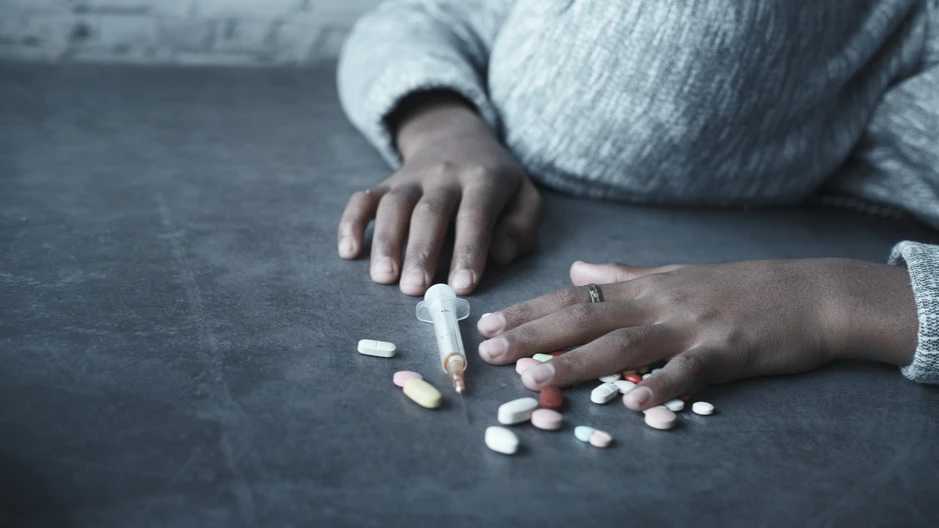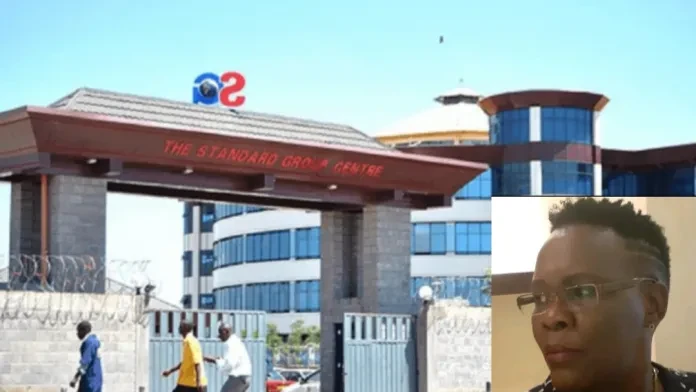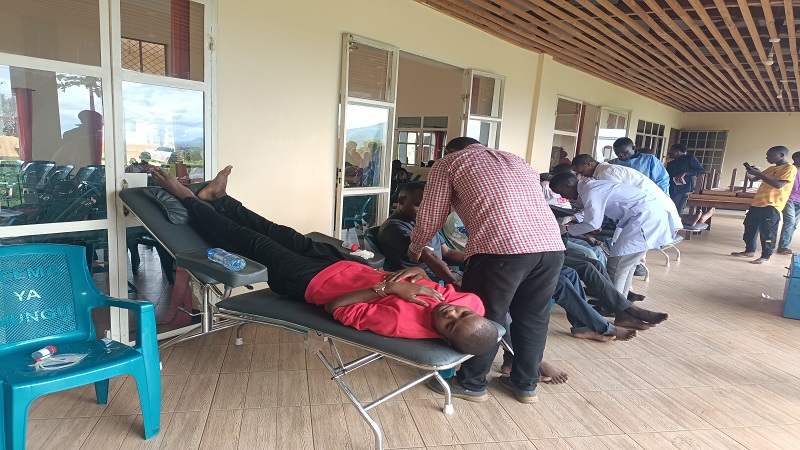How cannabis, other illicit drugs affects human mental capability

MANY people in local communities turn to specific illicit drugs because they enjoy the feelings these substances induce. For instance, some use cannabis or marijuana to relax and relieve stress, while others may use cocaine to boost energy and self-confidence.
People often turn to such drugs to feel good or to escape negative emotions. By doing so, they attempt to overcome shyness and gain a sense of empowerment in their social environments.
Some individuals, especially the youth, believe that drugs like cannabis stimulate their minds, enabling them to speak confidently in public or perform better at work.
This belief is particularly common among teenagers, as drugs like cannabis stimulate brain regions linked to pleasure and confidence, temporarily helping users escapes social anxiety.
However, medical experts emphasize that mental health consequences of persistent drug use are severe. Young people who frequently abuse substances often face a wide range of mental, emotional, and social problems.
Illicit drugs like cannabis negatively affect society in multiple ways. They are among the most harmful substances to the human brain, pushing users into illegal activities such as theft, violence, and poor peer associations—all in a bid to sustain their addiction.
These behaviors damage personal reputations and place significant strain on public services, including law enforcement and the justice system.
From a health perspective, these drugs damage various organs and bodily systems, including the throat, lungs, heart, brain, and the entire nervous system.
Inhaling cannabis smoke, for instance, can severely harm the lungs and lead to cancer. The drug alters time perception, impairs thinking, and can make users irritable or restless. While some may feel temporary relief from pain and stress, these effects are coupled with lung irritation and red eyes.
Such side effects often lead to addiction, a condition characterized by an uncontrollable urge to use the drug despite recurring harm. Long-term use results in physical and mental health issues, impairing various aspects of a person’s life. Experts highlight that the brain, being the most sensitive organ, suffers immensely, often leading to mental disorders.
Drug addiction is defined as the compulsive use of a substance despite knowing its harmful consequences. It is clear that illicit drugs are highly abusive and harmful. Youth, who make up a significant part of the workforce, are particularly vulnerable to these effects in local communities.
Just like narcotics, the misuse of cannabis, opium, and their derivatives disrupts social harmony, often contributing to behaviors such as reckless driving, gender-based violence, stress, and child abuse.
Victims of such social decay may suffer from a mix of anger, anxiety, shame, and depression, sometimes retaliating in ways that harm entire communities.
For this reason, many governments—including Tanzania—have instituted stringent laws and penalties to deter illegal drug possession and trafficking. Despite these efforts, drug abuse remains rampant in local communities.
Recently, Prime Minister Kassim Majaliwa, while presenting his office budget for the 2025/2026 financial year in Dodoma, addressed the ongoing war against illicit drugs. He underscored the rising impact of drug use, particularly on the youth, and emphasized the need for more aggressive enforcement and control measures.
According to the Premier, the Drugs Control and Enforcement Agency (DCEA), in collaboration with other state bodies, seized over 2.3 million kilograms of cannabis across the country by February 2025.
Additionally, 4,721 acres of cannabis plantations were destroyed—an increase from 2,389 acres in 2023—indicating persistent defiance among cultivators.
These government-led operations are crucial because the illegal use of drugs undermines national development goals, especially as it affects the youth—the most productive segment of society.
Cannabis remains the most commonly grown illicit drug in regions like Arusha, Tanga, Katavi, and Mara. Its easy transportation facilitates widespread use, even in areas far from where it is cultivated.
The Tanzanian police have been vigilant in arresting growers and dismantling illegal plantations. Legal action has been taken against offenders, showing the government’s commitment to tackling the problem at its roots.
To broaden its reach, DCEA has partnered with the Prevention and Combating of Corruption Bureau (PCCB) to educate citizens on the harmful effects of drug abuse. So far, 28,000 people have been reached in awareness campaigns, warning them about the risks of addiction and its impact on national productivity.
DCEA Commissioner General Aretas Lyimo noted that society still lacks a full understanding of the harmful effects of these drugs. Many continue to regard cannabis as harmless, unaware of its long-term impact on brain function.
Under the theme ‘Together, we can protect our society from the harmful effects of these dangerous drugs’ DCEA has pledged to dismantle drug trafficking networks nationwide. Its teams have actively destroyed illegal cannabis and khat farms, targeting individuals involved in cultivation and trade.
Between January and mid-February 2025 alone, numerous cannabis farms were destroyed, and 114 individuals were arrested for engaging in illegal activities. These efforts reflect the sixth-phase government’s seriousness in addressing this national crisis.
One notable case involved a well-known trader, Interindwa Zinywangwa Kirumbi—popularly known as Mama Dangote—who was arrested for her involvement in illicit drug farming. Authorities destroyed her 285.6-acre plantation in Same District, Kilimanjaro Region, during a week-long operation.
These government actions highlight DCEA’s efforts to raise public awareness and discourage citizens from engaging in drug-related misconduct. The war on drugs is not merely a law enforcement challenge but a social and economic priority to protect the country’s future.
Top Headlines
© 2025 IPPMEDIA.COM. ALL RIGHTS RESERVED

























